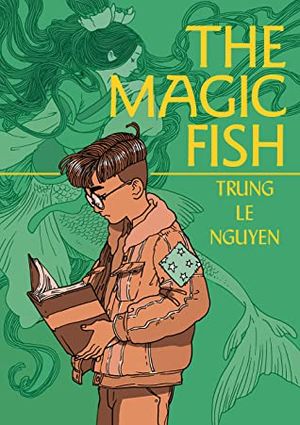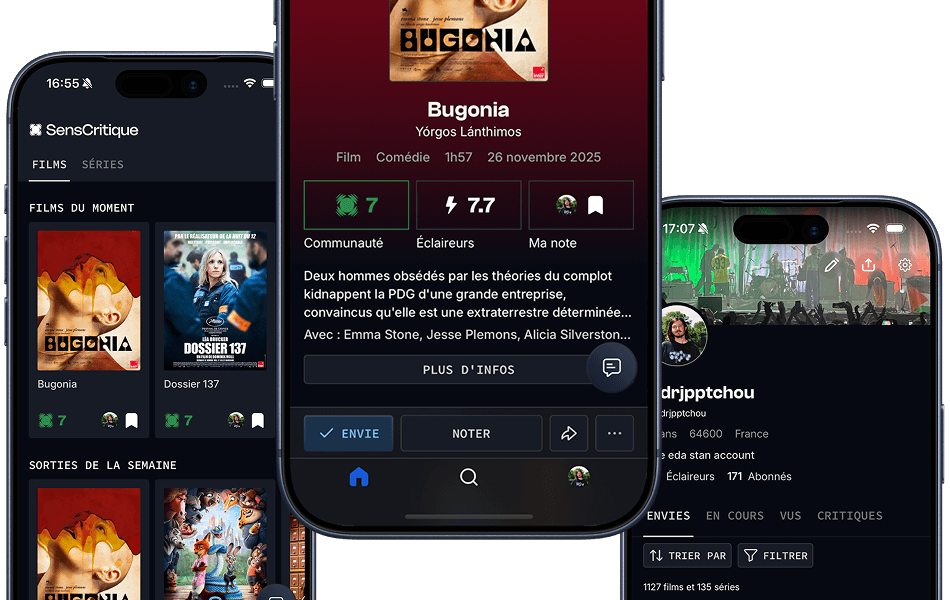To me, language is a map to help you figure out where you are. If you can’t read the map, you’re lost.
These opening words from Tièn's mother set the tone. They infuse the story and resonate with author's end notes that add a meaningful and very valuable depth to the reading experience. They made me love the book even more by providing background information about his graphic inspirations and sharing hermeneutic keys for his artistic and narrative choices.
The Magic Fish highlights the importance of fairy tales, stories and languages in the immigrant experience, as well as its link to narratives, whether shared or kept silent, traditional or culturally mixed, imposed or reclaimed, which intersects beautifully with the themes of queerness, immigration, in-betweenness, transmission and coming of age.
Stories become both the legacy of what you left behind and means to craft your way into a future that fits you right. Stories as both roots and moldable homes for the uprooted. Common anchoring ground and "world offering itself to your imagination"**. Stories as means of bringing a togetherness that bridges the isolation of trying to read a foreign map with your mother tongue as a compass, to navigated emotional uncharted territories when you feel at a loss for words to voice them. The characters speak their own language of love which makes them endearing and made me emotional—the last pages drew actual tears, imagine that!
Overall, a great read with insightful creative choices that beautifully weaves traditional references and personal choices.
** words borrowed to Mary Oliver ("Wild Geese")

